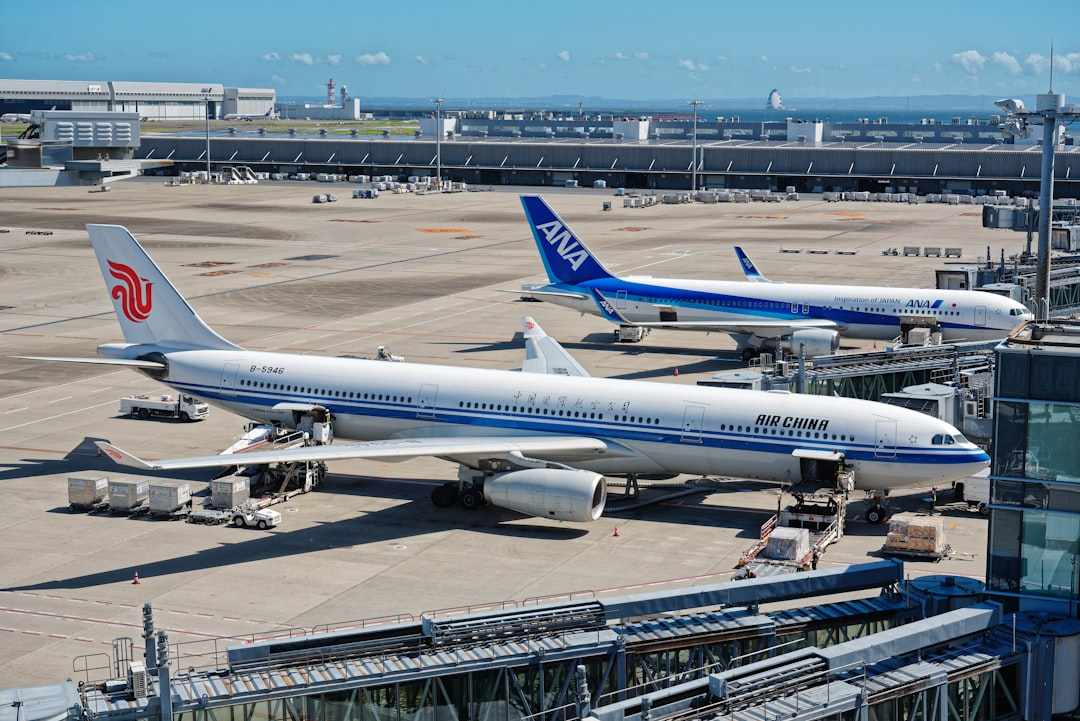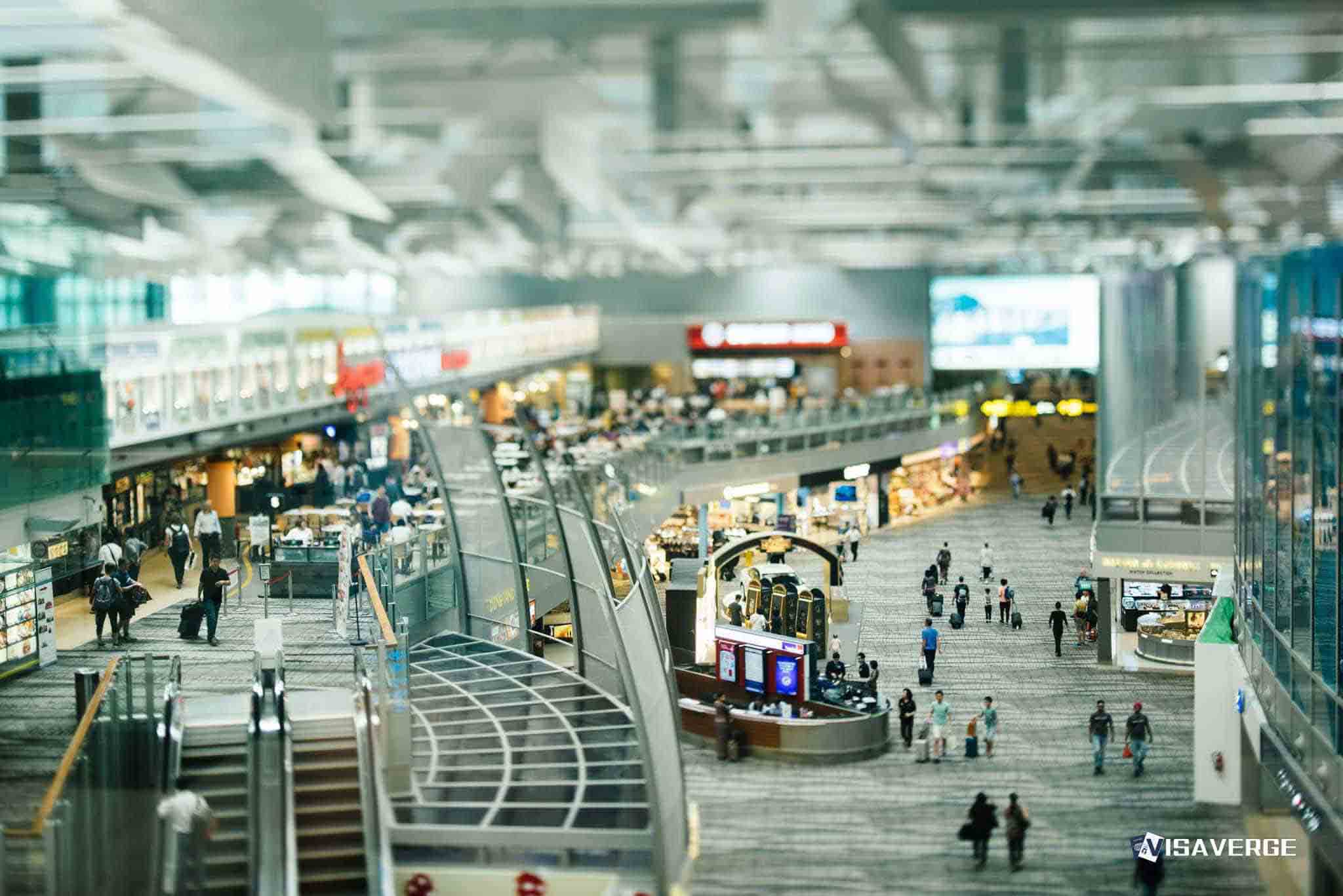(LIÈGE, BELGIUM) Air China Cargo has extended its cargo handling contract with Worldwide Flight Services for another three years at Liège Airport, confirming the deal on August 14, 2025. The renewal keeps WFS in place as the airline’s primary warehouse and ramp handler at one of Europe’s fastest-growing cargo hubs, and signals steady demand for reliable capacity between China and Europe as e-commerce and general freight continue to move at scale through Belgium.
Liège Airport reported 330,184 tonnes of freight handled in Q2 2025, a 14.5% year-on-year rise. The airport processed 1.17 million tonnes in 2024 and is projecting 12% growth for 2025. This sustained expansion gives both Air China Cargo and WFS a strong platform for stable flight schedules, quicker turnarounds, and predictable service during peak seasons.

Flight tracking confirms Air China Cargo’s scheduled freighter operations into Liège were active as recently as August 13, 2025, underscoring the continuity that the contract extension is designed to protect.
What the agreement covers
Under the new agreement, WFS will continue to manage the full scope of cargo and ramp services for Air China Cargo at Liège Airport (LGG). Key elements include:
- Aircraft parking coordination
- Safe unloading and ramp operations
- Secure transfer to bonded facilities
- Time-critical handling for sensitive cargo
Historical figures show WFS handled up to 23,000 tonnes a year for the airline in prior periods, and both sides expect volumes to rise in step with the airport’s growth. For shippers, the most visible effect will be steady schedules and fewer delays tied to handler changeovers, since the existing teams, systems, and warehouse flows will remain in place.
Important: Maintaining the same handler and systems reduces handover friction and helps keep aircraft on schedule—especially during peak seasons.
Typical operational flow (a flight example)
- Arrival: The freighter lands and parks at a designated stand.
- Ramp handling: WFS teams position ground equipment, open doors, and begin safe unloading.
- Cargo transfer: Pallets and containers move to WFS’s warehouse for security checks and breakdown.
- Customs clearance: Shipments enter expedited customs processing supported by local systems at LGG.
- For official rules and procedures, businesses can consult Belgian Customs via the Federal Public Service Finance at https://finances.belgium.be/en/customs_excise.
- Distribution: Cleared goods depart by truck, rail, or onward air for delivery across Europe.
Airport capabilities that matter
Liège Airport emphasizes a “cargo-first” model with infrastructure and tools designed to support freighter operations:
- 24/7 cargo operations and unrestricted ramp access
- Truck docks and aprons sized for high flows
- Digital tools such as LGG CONNECT and LGG TRACKING for near real-time data sharing
These features ensure quick customs flows, predictable turns, and strong road feeder links to Belgium, France, Germany, and the Netherlands—key markets for time-sensitive freight.
Strategic implications
- For Air China Cargo: The extension delivers operational continuity, stable handling standards, and direct access to an airport built around cargo. It supports scheduled freighter flights that serve e-commerce, electronics, and general freight requiring day-definite services.
- For WFS: Reinforces its role at LGG and preserves frontline know-how, reducing retraining cycles and maintaining handling quality for time-sensitive shipments.
- For Liège Airport and the region: Confirms the airport’s role as a core European cargo gateway and supports local jobs in warehouse work, ramp operations, customs brokerage, and trucking.
Analysts view the renewed deal as a vote of confidence in Liège’s infrastructure and WFS’s service standards at a time when European cargo gateways compete for long-haul freighter business. The partnership originally began in 2022 under an initial three-year agreement; the extension in August 2025 keeps that framework intact and positions all parties for further growth.
Benefits for shippers and operators
- More predictable costs: Higher throughput allows operators to plan staffing and equipment more steadily, helping limit last-minute surcharges.
- Fewer missed connections: Stable handler arrangements reduce the risk of ground-level swaps that cause delays.
- Faster cross-border delivery: Strong road feeders and 24/7 operations support day-definite deliveries into major European markets.
VisaVerge.com analysis highlights that this kind of extension supports trade lanes critical to online retail and electronics, which require fast, reliable cross-border delivery.
Future outlook
Industry expectations and likely developments include:
- Increased investment in digital systems that provide a shared, single view of cargo status down to the piece level.
- Continued capacity expansion—warehouse upgrades and apron improvements to reduce turn times.
- Easier scaling of frequencies or schedules as demand grows, even though no new routes were announced with this extension.
- Continued support for sectors that rely on stable, fast flows: electronics, online retail, fashion, and health-related goods.
VisaVerge.com notes that long-term ground handling agreements create resilience during stress events—airlines favor airports where handlers, customs, and data flows are trusted. Liège Airport’s recent record suggests that such trust is well founded and still expanding.
This Article in a Nutshell
Air China Cargo renewed WFS handling at Liège on August 14, 2025, preserving operational continuity. Liège’s cargo-first model, 24/7 operations, and 330,184 tonnes in Q2 2025 support faster turnarounds, stable schedules, and reliable e-commerce and electronics trade lanes across Europe.







